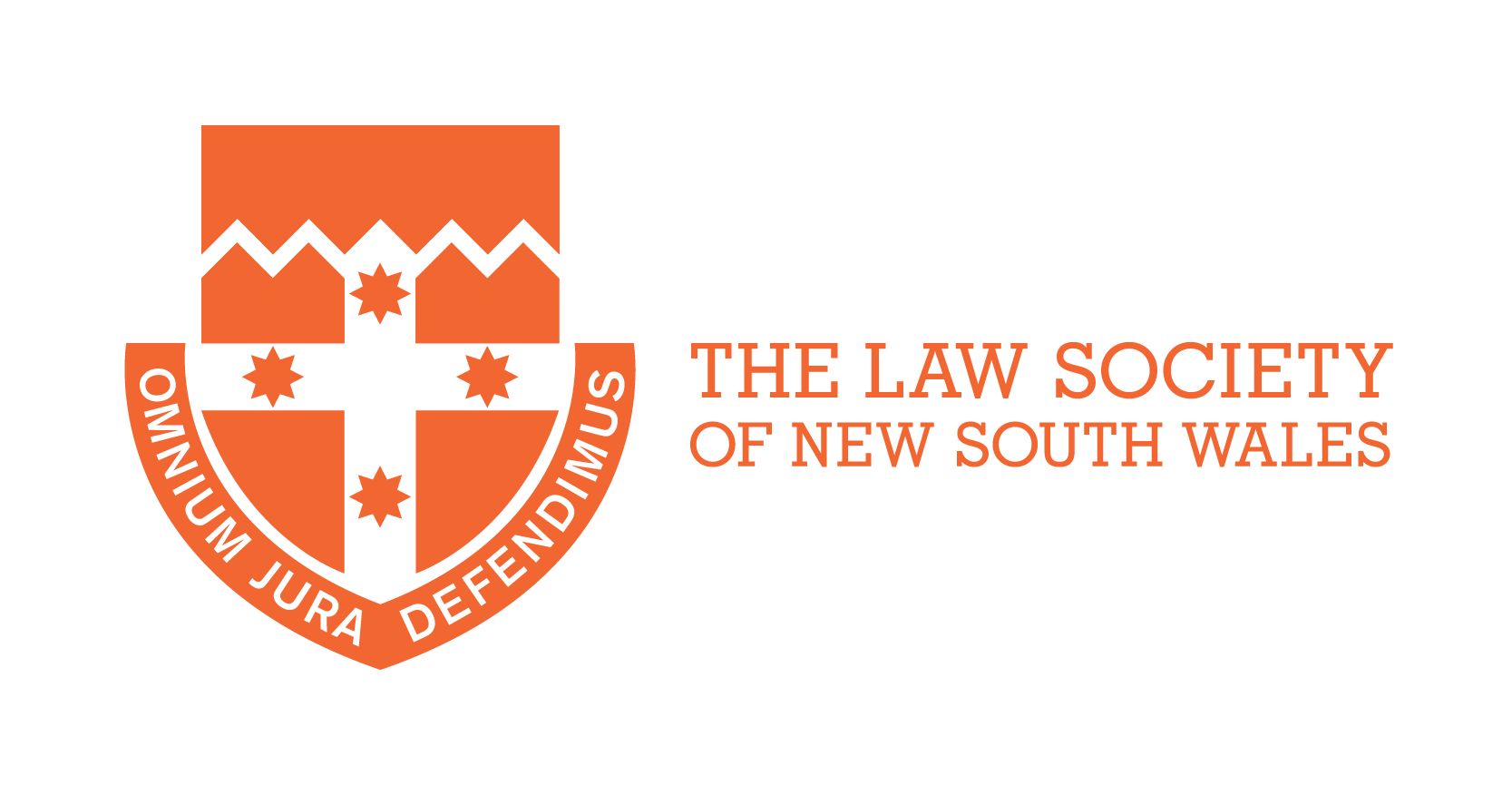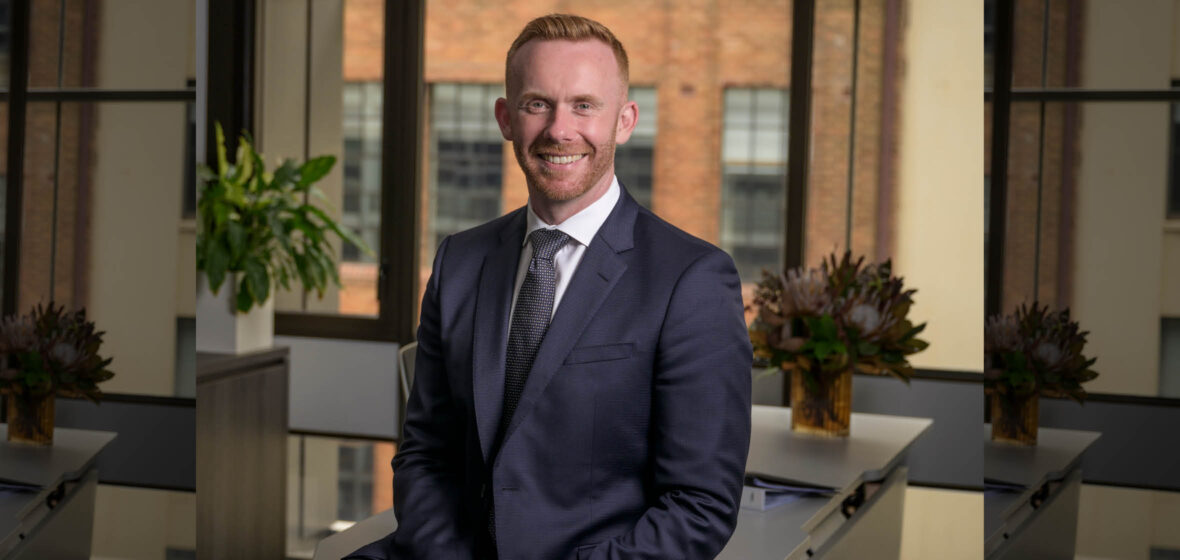

In just a few days, the NSW legal profession has reason to mark a significant and perhaps bittersweet anniversary.
In the year NSW marks the bicentenary of the establishment of the Supreme Court in 1824, we have cause to reflect that it took another one hundred years before the first female solicitor was admitted to that court.
This Thursday, 6 June, is the centenary of the admission of Marie Beuzeville Byles in 1924. In 1902 the first NSW woman to earn her LLB, Ada Evans, was refused admission to the Bar. For the purposes for the Legal Practitioners Act 1898, Ms Evans was not considered a “properly qualified person”.
By the time of Ms Byles’ admission, the Women’s Legal Status Act 1918 had corrected the earlier view that today we would think was an absurd injustice.
The 2016 history of the Law Society, Defending the Rights of All, tells us that “Byles’ mother had been a suffragette who impressed upon her daughter the need to be financially independent of men.” She is said to have often teamed with NSW’s first female barrister, Sybil Morrison, for what we’d now describe as family law matters.
Ms Byles, on starting her own practice at Eastwood in 1929, blazed yet another trail as a model employer of married women, providing permanent part-time employment for her staff. She also paid her staff bonuses based on annual profit.
28 years after Ms Byles’ admission, 42 female lawyers founded the Women Lawyers Association with five solicitors making up its committee. The role of women in the profession was growing apace and still does.
As the Profile of Solicitors in NSW published last year shows, 54 per cent of solicitors in NSW are female, for the sixth year, outnumbering men. There is now gender parity in private practice, though women fall behind men in that sector’s leadership roles. Women occupy a slight majority of leadership positions in the government and in-house sectors.
There’s still some way to go to close the gender pay gap, and I want to give special thanks to the lawyers on our Diversity and Inclusion Committee for their work on the guide, Equitable remuneration in the Legal Profession, and to draw attention to our Charte for the Advancement of Women.
We can only speculate what Marie Byles would have made of the impact that women today are making on the profession and through their work, on the broader community.
In this age, the fact of a woman practising law is unremarkable. But we are now fortunate to see women, by virtue of their increasing participation in a profession so crucial to the proper functioning of our society, making immense contributions that are truly remarkable.
International honours recognise global work for the rule of law
The recognition of lawyers’ service to their communities is of such importance to me that I identified it as one of my President’s Priorities on commencing my term at the beginning of the year.
I’m thrilled today to shine a light on the service of Stephen Macliver AM and Margery Nicoll AM who were both elected Honorary Life Members of the International Bar Association at its recent Council Meeting in Bucharest, Romania. This is a rare honour, as there are now only 35 such members in the 180-nation body.
They join the Hon Michael Kirby AC CMH and Nicholas Cowdery AO KC as the only Australians to achieve IBA honorary life membership. Stephen has represented the Law Society of NSW at the IBA for many years. Margery has filled significant legal leadership roles both in the IBA and with the Law Council of Australia which she has served since 1986.
Stephen and Margery have played a pivotal role in the IBA’s mission to promote, protect and advance the Rule of Law across the globe. On behalf of the lawyers of NSW, I thank them for their work on behalf of the profession and congratulate them on their achievement.
Brett McGrath, President, Law Society of NSW






